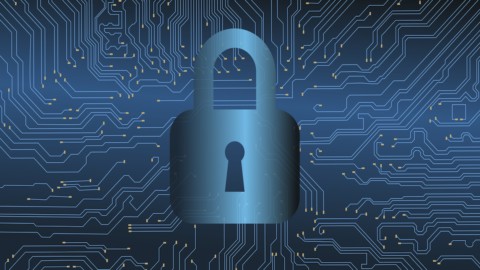To develop the 5G network in Italy, between 55 and 70 billion would be needed of Euro. The estimate - made in 2018 by Asstel - is reported in a report presented Thursday by theInstitute for Competitiveness (I-Com) and entitled "The 5G to relaunch Italy in safety". But in the difficult economic situation dictated by Covid and considering the geopolitical implications and the various alarms raised on network security (with the ban on Chinese producers by the USA, partly accepted also in Europe) there is a slowdown in the implementation of the new standard . A new system that would open the door to important services such as the Internet of Things, self-driving mobility and much more.
Read also: “5G without Huawei? What is Europe at risk”: the Polytechnic of Milan speaks
The study shows that, to date, in Europe there are only 779 users connected to 5G for every 100.000 inhabitants. A result well below other advanced countries where there is a much higher number of citizens using fifth generation services: leading the ranking is the South Korea with 16.744 users per 100.000 inhabitants, followed by China with 12.790. Further back are the United States which, together with Europe, are in the second part of the ranking with just over 2.300 users of new generation services. Among the areas considered, however, it is the Japan, which is in last place in this ranking with only 190 users for every 100.000 inhabitants, also due to the delays in the launch of 5G services - which only took place in April 2020 - and the poor dissemination of information by mobile operators.
From the data of the GSMA - the world organization that represents the operators of the sector - it can be deduced that more than half of the European mobile network infrastructure is still 4G while a significant share (14%) remained with 2G connectivity.
In 2016, the European Commission “estimated that the spread of 5G would have led to economic benefits, deriving from the 4 main sectors (automotive, health, transport and energy), for 141,7 billion euros already in 2020 – reads the study – However, 4 years later, the planned investment quota, which in the case of Italy amounted to 6,8 billion euros, still seems far from being achieved. It is calculated that the lack of investment in 5G would have produced economic benefits of up to 15,7 billion euros and up to 186.000 jobs".
How to get out of this severe slowdown if not blockage? The report underlines how important it is for Italy and Europe not reduce, but rather enhance, the overall effort in terms of investments. From this perspective emerges the need for the countries of the European Union to press on the accelerator both from the point of view of the offer of attractive services for users, and above all from the point of view of infrastructure.
According to I-Com, Italy should seriously consider adhering to shared forms of cyber-security regulation, in order to jointly face the technological challenge deriving from 5G. Which? The major international standardization bodies that are working to implement a set of security standards (Secam, Scas and Nesas). From there you have to start.
A national level, on the other hand, it is necessary to quickly and completely prepare a set of regulatory tools clear and stable "essential to ensure the secure development of 5G networks". And in particular: to ensure that the complex procedure designed by the law on the cyber national security perimeter is completed within a reasonable timescale. And then ensure that the regulatory mosaic that will gradually be put together with the adoption of the various decrees and regulations is harmonized with the current legislation on golden power for 5G networks.
"It is essential to complete as soon as possible, in Europe and in Italy, the regulatory framework within which 5G networks will be developed - underlines the I-Com president Stefano Da Empoli – to ensure at the same time the objectives of safety and competitiveness without sterile conflicts, but with the necessary constructive spirit on the part of all the subjects involved".




